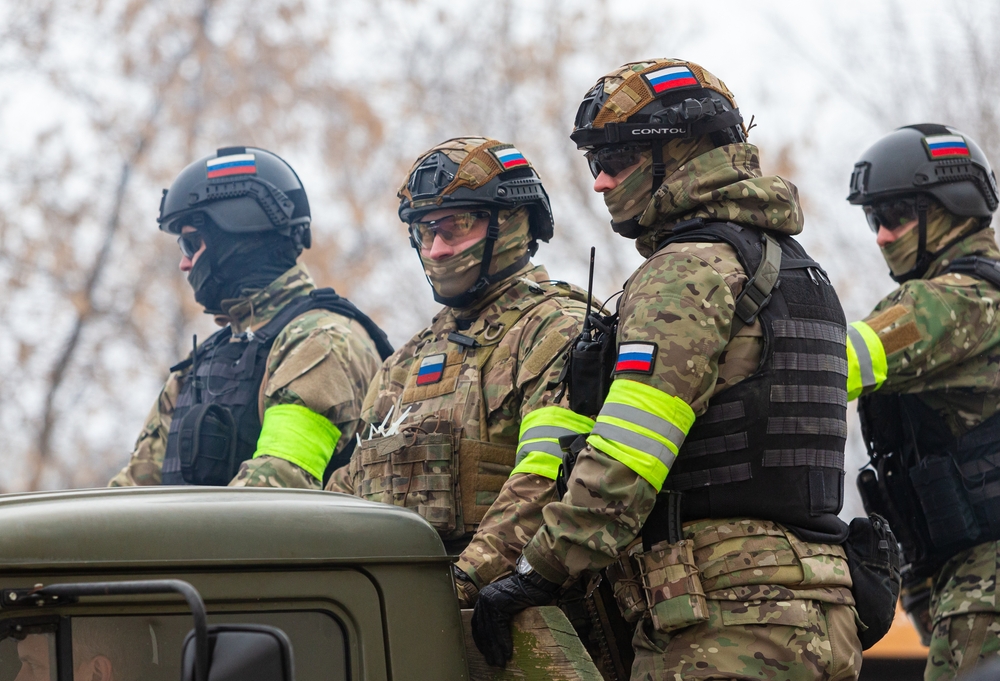Russian Military Manpower After Two and a Half Years of War in Ukraine

In addition to a military victory in Ukraine, the Russian leadership is planning to build up sizable troop formations for a possible conflict with NATO in the Baltic region and the Kola Peninsula. In particular, current plans aim for the military manpower to grow by about 350,000, reaching a total of 1.5 million soldiers and commanders. In the context of the current conflict in Ukraine, this cannot be accomplished without a new wave of mass mobilization.

The irrecoverable personnel losses per month of about 30,000 soldiers in 2024 are about equivalent to the influx of contract soldiers and volunteers, constituting the combat-capable core of the Russian military manpower over the same period. In turn, the implementation of this new wave of mobilization is being postponed due to the Kremlin’s concerns about potentially negative domestic political consequences, as well as the lack of command personnel and weapons for new units. By and large, the longer the war in Ukraine lasts, the more the Russian military machine deteriorates. Consequently, by providing Ukraine with the necessary assistance to continue the war, the West is weakening Russia’s military potential and increasing the time required for it to recover its armed forces after the war. Yet, the pressure of the war on Ukrainian society and its political system may cause a political crisis with unpredictable domestic and international outcomes.
Dr. Yury Fedorov is a PhD-holding author and expert on Russian Politics and Military Affairs. He worked at the Institute for US and Canada Studies and the Institute for World Economy and International Affairs, both based in Moscow. He spent several years teaching at the Moscow Institute for International Relations as a Professor. After leaving Russia in 2006, Yury Fedorov has lived in Europe, where he began by serving as a researcher at Chatham House in the United Kingdom. Since 2008, he has worked as a journalist in the Czech Republic. He is a member of the Czech Republic’s Syndicate of Journalists and author of the Radio Svoboda Russian Service. His recent publications include his last book, The Ukrainian Front of the Third World War (2024).

Available in:
Themes and regions
ISBN / ISSN
Share
Download the full analysis
This page contains only a summary of our work. If you would like to have access to all the information from our research on the subject, you can download the full version in PDF format.
Russian Military Manpower After Two and a Half Years of War in Ukraine
Related centers and programs
Discover our other research centers and programsFind out more
Discover all our analysesDeathonomics: The Social, Political, and Economic Costs of War in Russia
The report attempts to outline and examine a truly new phenomenon in Russian society, dubbed “deathonomics”—the making of a mercenary army against the backdrop of the Kremlin’s war in Ukraine, eventually replacing both the Soviet (conscript) and early new Russian (contract) armies. It notes that, by the end of 2023, this trend had turned the military service into one of the highest-paying professions in the country, something not seen in Russia on such a scale since the late 17th century.
Russia's Asia Strategy: Bolstering the Eagle's Eastern Wing
Among Russia’s strategic priorities, Asia traditionally played a secondary role compared to the West. In the mid-1990s, then Foreign Minister Yevgeny Primakov initiated a rapprochement with China and India. Then, in 2014, deteriorating relations between Russia and the West prompted Moscow to begin its “great pivot to the East”.
Kazakhstan After the Double Shock of 2022: Political, Economic and Military Consequences
The year 2022 represented a dual shock for Kazakhstan. In January, the country faced its most severe political crisis since independence, followed in February by Russia’s full-scale invasion of Ukraine, which cast uncertainty over the borders of post-Soviet states. These consecutive crises profoundly shaped Kazakhstan’s domestic and foreign policy.
How the Russian Army Changed its Concept of War, 1993-2022
The traditional and high-intensity war that has occurred in Ukraine since Russia decided to invade raises a key issue: did post-soviet Russian strategic thought really prepare Russia for waging this war?










